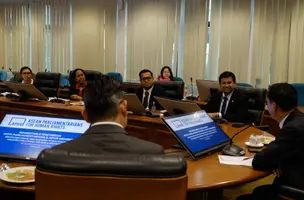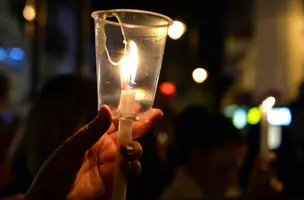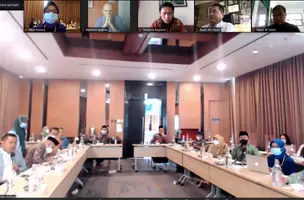
Home
Publications
Publications
Showing 0 to 0 of 0 results

Statements
2023-10-10T12:07:42
Malaysia’s diversity should be celebrated, not used as a political weapon, Southeast Asian MPs say

Statements
2021-06-07T07:11:08
MPs pledge to protect freedom of religion or belief and combat rise in hateful narratives

Statements
2021-06-06T13:49:00
MPs pledge to protect freedom of religion or belief and combat rise in hateful narratives
TOP
ASEAN Parliamentarians for Human Rights (APHR) was founded in June 2013 with the objective of promoting democracy and human rights across Southeast Asia. Our founding members include many of the region's most progressive Members of Parliament (MPs), with a proven track record of human rights advocacy work.
Copyright © 2024-2025 All Rights Reserved - ASEAN Parliamentarians for Human Rights (APHR)
Website by Bordermedia